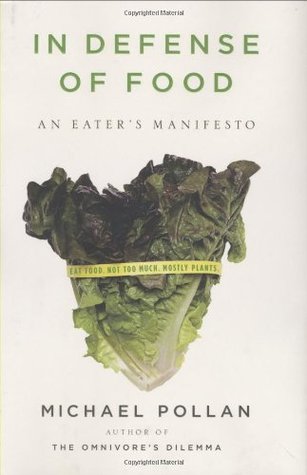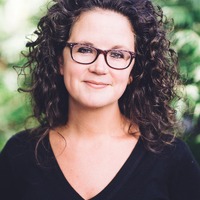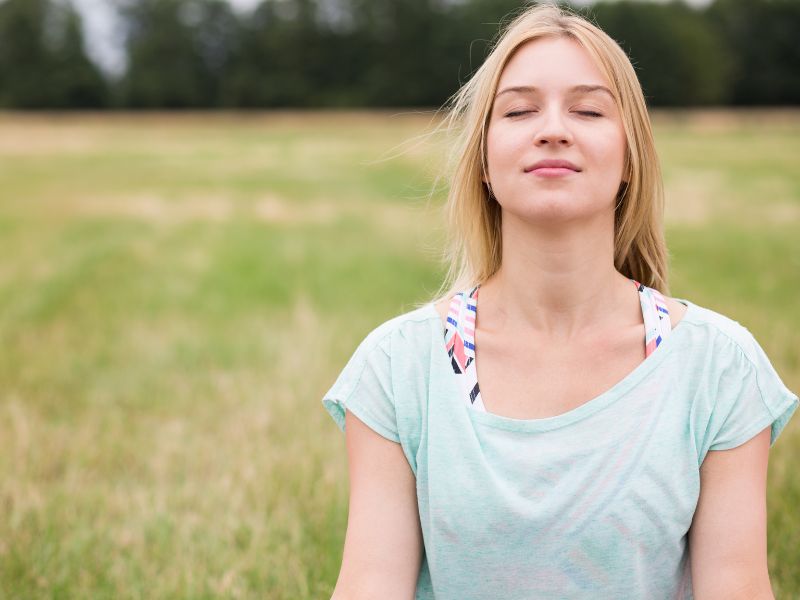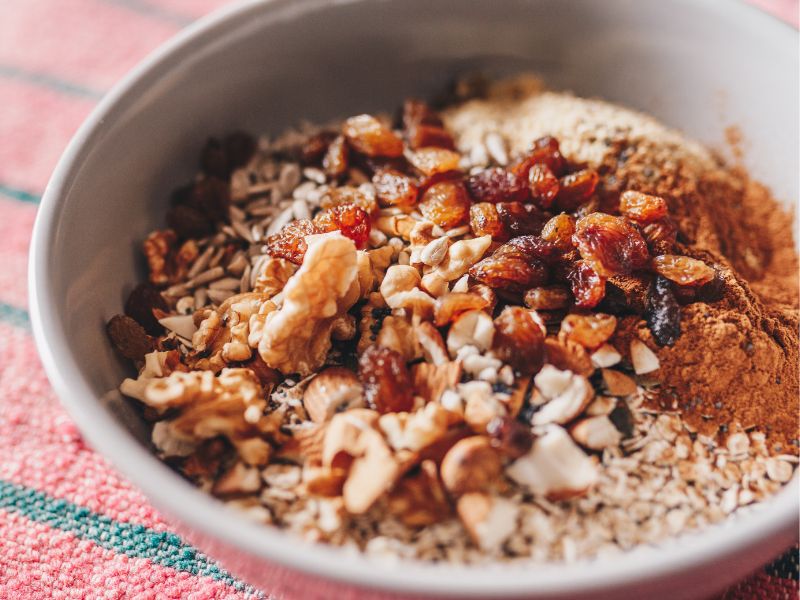A proud beach bum and bookworm, summer is my season of choice. Hand me a beach chair, some herbal iced tea, a good read, and I’m blissed out.
If you’re like me, reading stirs your soul because you can actively feel yourself growing, learning, and discovering. It gives you rest from all the hustle and bustle of daily life and lets you nourish your spirit and mind.
With summer fast approaching, I thought I’d poll our expert holistic health faculty—naturopaths, herbalists, nutritionists, nurses, and more!—for their recommendations for the best wellness books to read this summer.
So, brew yourself some iced tea, slap on those shades, grab your beach blanket, and chill out this summer with 14 of the best wellness books brought to you by your ACHS faculty:
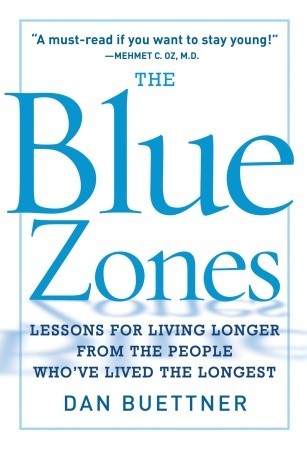 The Blue Zones, Second Edition: 9 Lessons for Living Longer From the People Who’ve Lived the Longest, by Dan Buettner
The Blue Zones, Second Edition: 9 Lessons for Living Longer From the People Who’ve Lived the Longest, by Dan Buettner
Interested in longevity? Want to know what factors into a long and healthy life? ACHS Professor Dr. Jerry Cronin suggests you take a close look at “Blue Zones”—areas of the world that have the longest living humans. Through traveling, interviews, and research, Dan Buettner explores how diet, lifestyle, and stress-coping impacts quality and length of life. From Greece, to Costa Rica, to Okinawa, this is a must-read for any wellness buff with wanderlust.
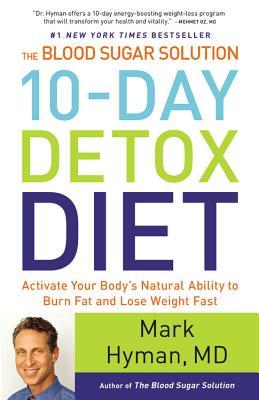 10-Day Detox Diet: Activate Your Body’s Natural Ability to Burn Fat and Lose Weight Fast, by Mark Hyman
10-Day Detox Diet: Activate Your Body’s Natural Ability to Burn Fat and Lose Weight Fast, by Mark Hyman
Suggested by Spa Management Program Chair and Professor Shawn Hallum, Mark Hyman’s bestseller is based on his famous “Blood Sugar Solution” program. With practical meal plans and strategies, this is a great read for folks interested in supporting their metabolism and wellbeing through nutrition.
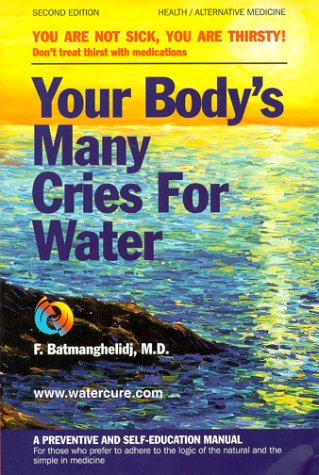 Your Body’s Many Cries for Water, by F. Batmanghelidj
Your Body’s Many Cries for Water, by F. Batmanghelidj
Recommended by Assistant Professor Margaret LaPierre, this wellness classic is a must-read for all holistic health advocates. Water is one of the most important (if not the most important) things you can put in your body. Batmangheldij will help you recognize when your body needs water and explains even further how water is the key to living a healthier, pain-free life.
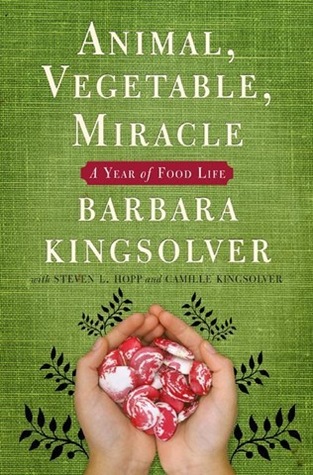 Animal, Vegetable, Miracle: A Year of Food Life, by Barbara Kingsolver, Camille Kingsolver, and Steven L. Hopp
Animal, Vegetable, Miracle: A Year of Food Life, by Barbara Kingsolver, Camille Kingsolver, and Steven L. Hopp
For those of us with a literary bent, Assistant Professor Julie Moreschi’s book suggestion scratches the itch for good writing. Renowned novelist Barbara Kingsolver and her family spend a year “off-the-grid”—eating only what’s grown in their neighborhood or what they can grow themselves. A family of award-winning writers, of course they documented their experience. If you love an excellent turn of phrase, you’ll love this part-journalism, part-memoir exploration into the simple life.
In Defense of Food, by Michael Pollan
In this health classic recommended by Associate Professor Sarah Hojnacki, famed “real food” advocate, Michael Pollan, breaks down the evolution of food production and culture. Pollan points out that most of what we consume today is not real food, but rather products produced in laboratories. The message of his book can be boiled down to his now widely quoted maxim, “Eat food. Not too much. Mostly plants.” This is a seminal text for any budding nutritionist.
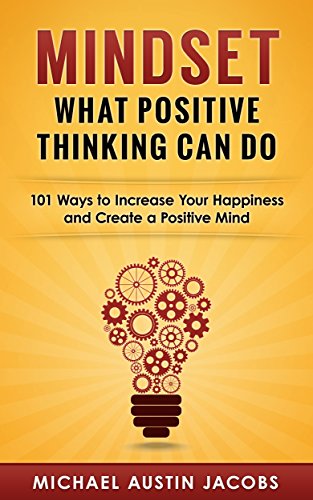 Mindset: What Positive Thinking Can Do: 101 Ways to Increase Your Happiness and Create a Positive Mind, by Michael Austin Jacobs
Mindset: What Positive Thinking Can Do: 101 Ways to Increase Your Happiness and Create a Positive Mind, by Michael Austin Jacobs
When asked for her summer reading favorite, Assistant Professor Stephanie Gregg-March said, “A healthy mind is the first part of healthy living. Mindset: What Positive Thinking Can Do is an easy and empowering read. You cannot put down.”
This simple eBook is composed of 101 thoughts that helped the author, Michael Austin Jacobs, move from a place of negativity to a positive and loving reality. Let this powerful read center you, bring you to the present moment, and lead you toward a place of positivity and lovingness.
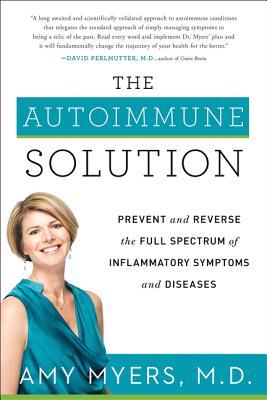 The Autoimmune Solution, by Dr. Amy Meyers
The Autoimmune Solution, by Dr. Amy Meyers
Recommended by Associate Professor Abbey Skinner, this alternative guide to supporting bodies with autoimmune issues is a must-read. Renowned voice in the CAM community, Dr. Amy Meyers offers a new approach to symptoms caused by autoimmune issues. From obesity to asthma to IBS, Dr. Meyers covers it all in her unique approach to wellness.
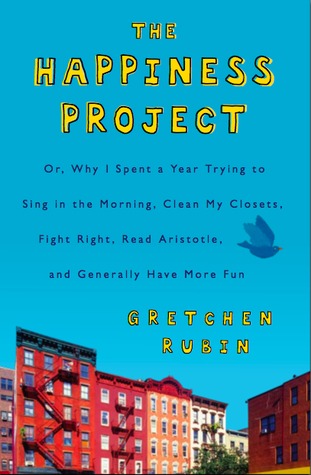 The Happiness Project, by Gretchen Rubin
The Happiness Project, by Gretchen Rubin
Recommended by Assistant Professor Jacqui McGrath, who says, “This book is an engaging resource for clearing inner and outer clutter—so important for wellness.” With so much stimulation in the modern world, it’s difficult for us to slow down and be intentional with our time…and with our lives! After a stunning epiphany on a city bus, Gretchen Rubin decided to spend a whole year focused solely on happiness. She explored ancient wisdom and current research on the nature of happiness. Jump in for a fun-filled journey toward life’s true goal: happiness and contentment.
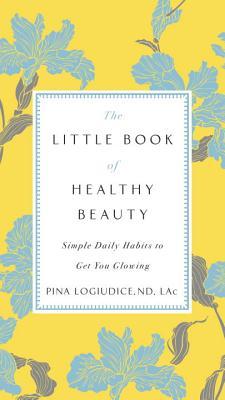 The Little Book of Healthy Beauty: Simple Daily Habits to Get You Glowing, Dr. Pina LoGiudice
The Little Book of Healthy Beauty: Simple Daily Habits to Get You Glowing, Dr. Pina LoGiudice
A fabulous pick recommended by our own DIY trailblazer, Professor Amanda Lattin, this book is ideal for getting started with simple self-care. Dr. LoGiudice recommends five key ingredients for achieving a healthy “glow:” 1. Sleep 2. Food 3. Exercise 4. Relaxation 5. Detoxification. In this easy guide, Dr. LoGiudice even debunks some well-touted wellness myths and puts you on the path toward real health results. Enjoy, and get glowing!
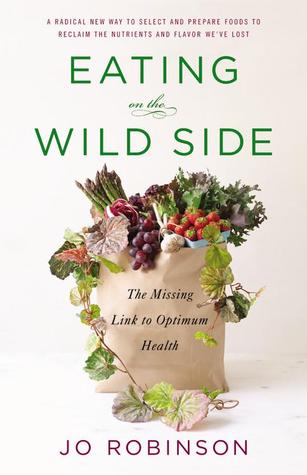 Eating on the Wild Side: The Missing Link to Optimum Health, by Jo Robinson
Eating on the Wild Side: The Missing Link to Optimum Health, by Jo Robinson
Over the last hundred years, the nutritional value in our food has decreased significantly. In this alternative approach, Jo Robinson explores the nutritional content of wild plants that are also appetizing to the modern palate. She also offers her own methods of preparation intended to retain both nutritional value as well as delicious flavor. Recommended by Mediterranean wellness expert and Professor Eleni Delfakis, this summer read is sure to change your relationship with food. (And if you want a little bonus to chew on this summer, check out Professor Delfakis’s book, Healthy Living from a Greek Island.)
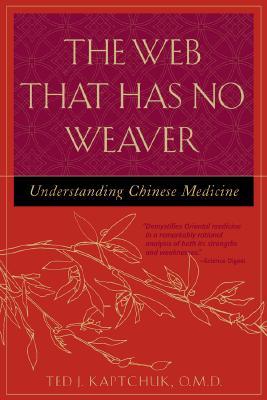 The Web That Has No Weaver: Understanding Chinese Medicine, by Ted Kaptchuk
The Web That Has No Weaver: Understanding Chinese Medicine, by Ted Kaptchuk
According to Associate Professor Anisa Kassim, The Web That Has No Weaver “is a good general overview of Chinese Medicine. Students are pretty fascinated when I talk about some basic Chinese Medicine concepts in class so this could be of interest to them.” And I agree! Chinese Medicine is a complex and ornate system of healing, so why not dive in with this introduction into these ancient therapies?
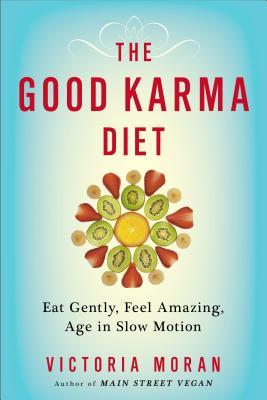 The Good Karma Diet: Eat Gently, Feel Amazing, Age in Slow Motion, by Victoria Moran
The Good Karma Diet: Eat Gently, Feel Amazing, Age in Slow Motion, by Victoria Moran
This is where environmentalism and nutrition intersect! Recommended by Professor Nancy Poznak, this unique theory explores the connection between eating well and treating our planet with kindness and care. Moran believes that by caring for our natural habitat, we can align our eating ethics and harness an underdeveloped key to total wellness.
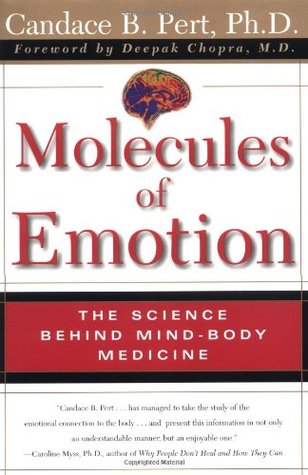 Molecules Of Emotion: The Science Behind Mind-Body Medicine, by Candace B. Pert
Molecules Of Emotion: The Science Behind Mind-Body Medicine, by Candace B. Pert
Are you interested in the intricacies of the mind-body connection? Professor and Herbal Medicine Department Chair Scott Stuart says Molecules of Emotion is, “an insider’s look into the research on neurotransmitters and psycho-neural-immunology, the politics behind how research is done, and one scientist’s personal transformation. These may sound like weighty tomes, but they are quite readable.”
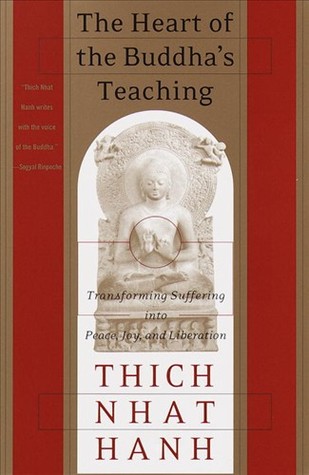 The Heart of Buddha’s Teaching, by Thich Nhat Hanh
The Heart of Buddha’s Teaching, by Thich Nhat Hanh
As an Assistant Professor of English at ACHS, it would be silly of me to leave out my own summer reading recommendation. Have you noticed the recent uptick in wellness blog posts and podcasts on “mindful meditation?” So have I.
I wanted to dig deep into the ancient theories behind this “hot new wellness trend,” so I turned to Thich Nhat Hanh, who Richard Baker-roshi claims, “If there is a candidate for ‘Living Buddha’ on earth today, it is Thich Nhat Hanh.”
In the The Heart of Buddha’s Teaching, Hanh breaks down the core teachings and wisdom of Buddhism, including mindfulness and meditation, and explains how they can be incorporated into a healthy lifestyle. Summer is a great time to begin a meditation practice, and if you’re dipping your toes into this ancient practice, I cannot recommend this book enough.
What’s on your summer reading list? Share your favorite titles in the comments.
This article is for informational purposes only. It is not intended to treat, diagnose, cure, or prevent disease. This article has not been reviewed by the FDA. Always consult with your primary care physician or naturopathic doctor before making any significant changes to your health and wellness routine.
Disclosure of Material Connection: I am a Communications Specialist for American College of Healthcare Sciences, the Institution that publishes this blog. However, all opinions are my own. This blog may contain affiliate links. I am disclosing this in accordance with the Federal Trade Commission’s 16 CFR, Part 255: “Guides Concerning the Use of Endorsements and Testimonials in Advertising.”

